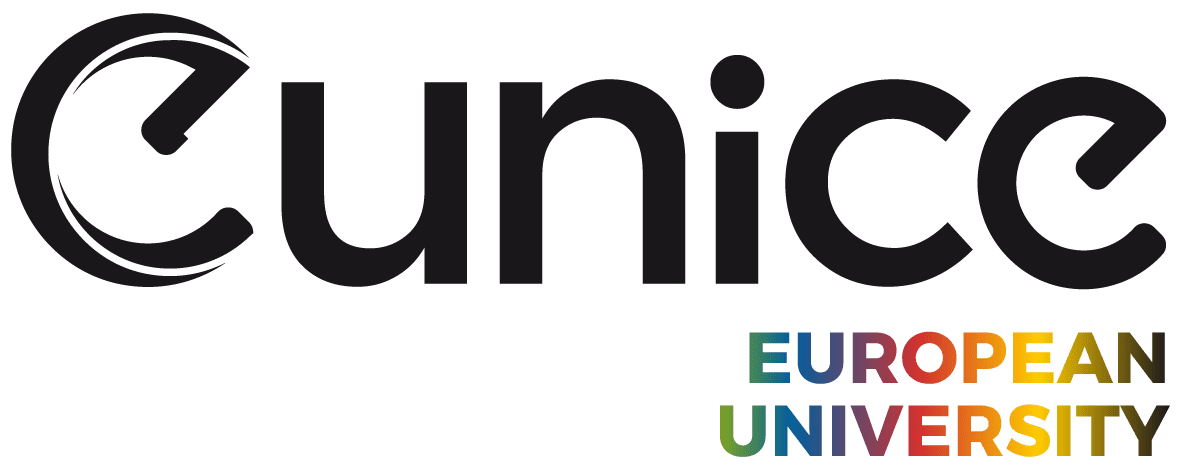The course Interface Design will be delivered as a practical workshop based on the design process cycle, where students are invited to present their own solutions for a given problem. As the concepts are presented, students are invited to make decisions and create solutions. The challenge is to design an application (web and mobile)
The design process cycle is a methodology based on a cyclic process of analysis, prototype and testing of a product or a process. When a client defines a need, the full cycle of the design process begins.
- First, personas and their tasks in the real system are identified.
- Next, representative tasks are extracted to prototype the solution. The next step is to design the mental model, based on the conceptual model. This requires the definition of metaphors for the system.
- The final step is to create storyboards based on the metaphor and the tasks and design low and high-fidelity prototypes.
Learning outcomes:
The course on interface design based on the design process cycle aims at providing students with a set of techniques that allow them to create user-centred interfaces. The focus will be on the user and their needs and a practical approach.
Concepts are given and applied to the problem to be solved in real-time. With this, students are expected to improve their skills in the design sprint process and realize the importance of user-centred design in disruptive interfaces.
At the end of this course, it is expected that students have high-quality prototypes of mobile app and web app designed by them.
Students are able, consequently, to apply these strategies in the design of interfaces, namely:
- Define tasks and Personas;
- Identify system metaphors;
- Prototype with wireframing;
- Create high fidelity prototypes.
Objectives:
- Recognize the importance of studying the interaction between user and machine.
- Identify the physical and mental characteristics of the human being which are directly related to the quality of their interaction with the machines.
- Acquire mastery of principles, models and interaction techniques that allow analyzing, evaluating and improve the interfaces between humans and machines.
- Apply design principles.
- Exercise the concepts discussed in real situations or simulations of reality.



